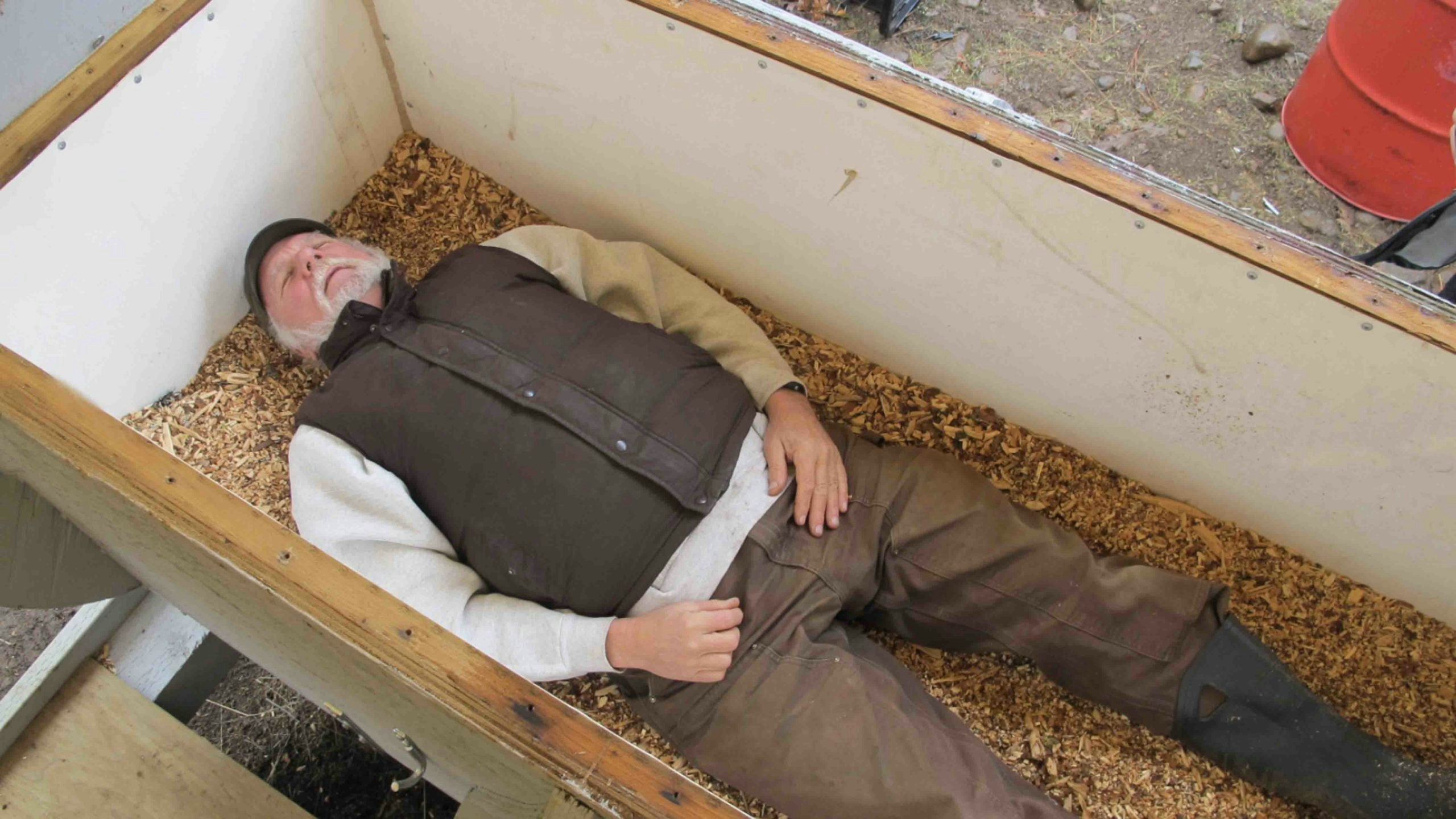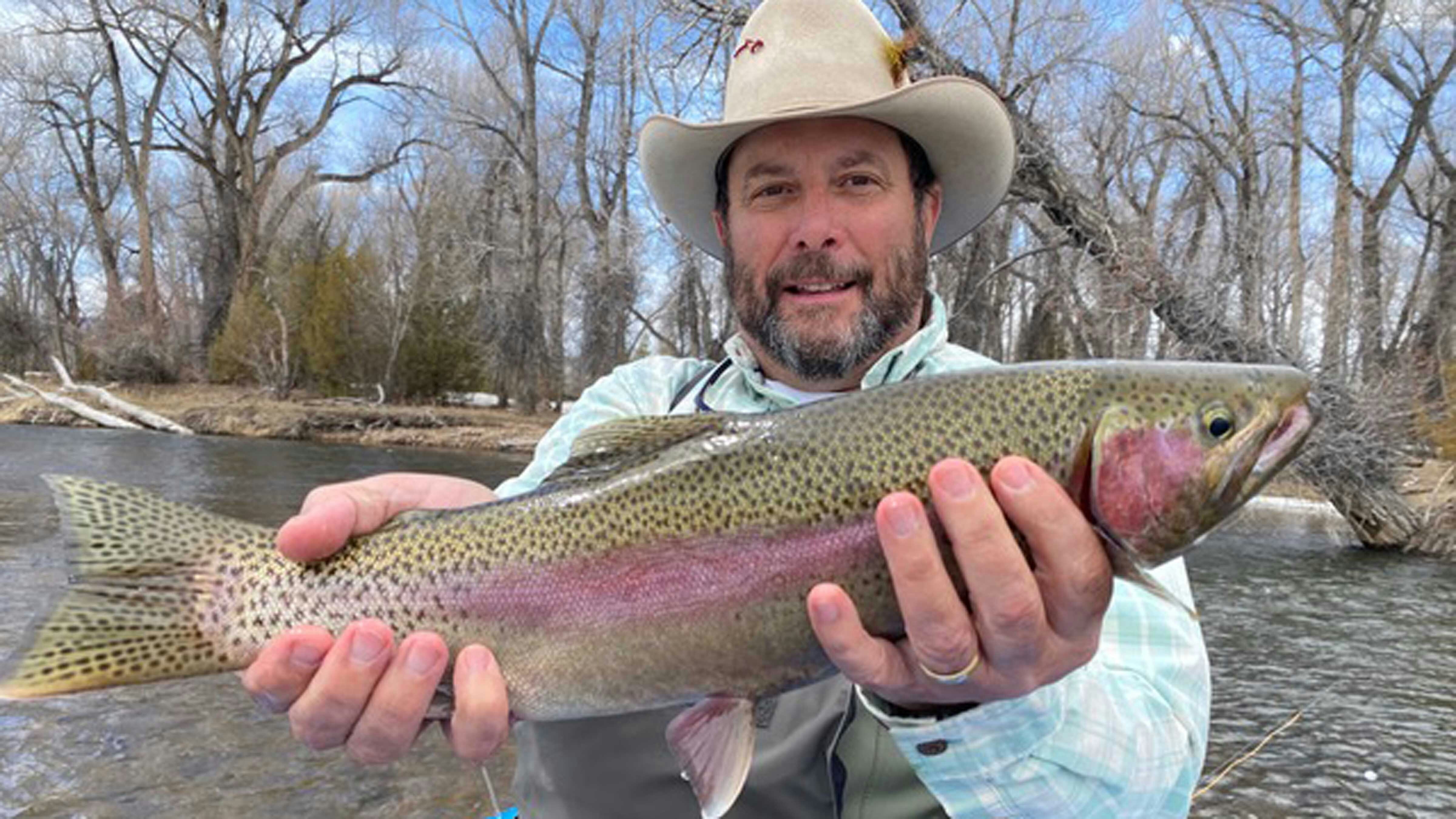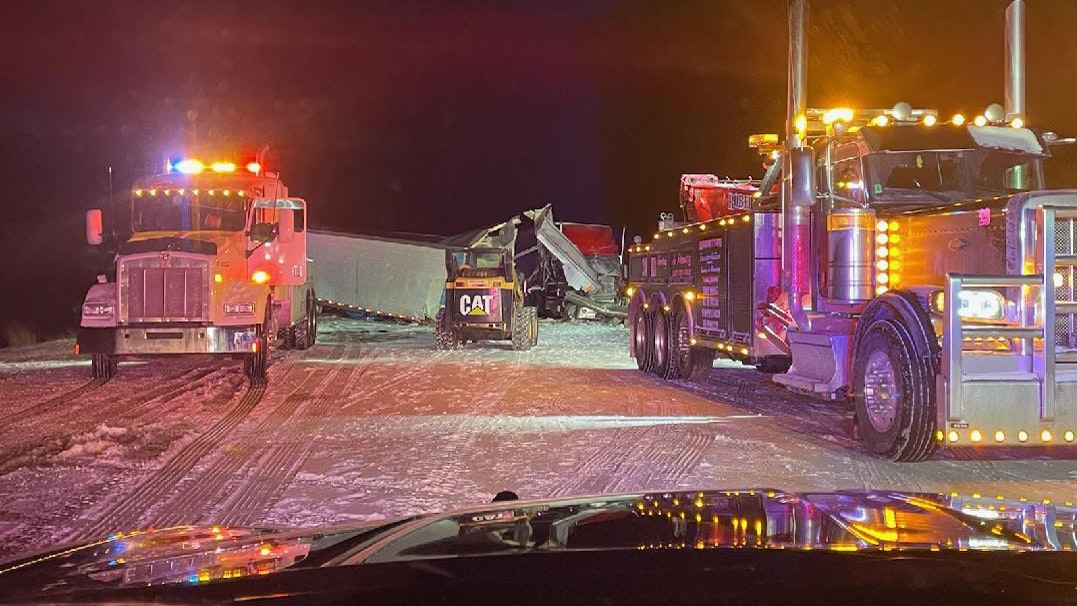Wyoming may not yet be ready for the idea of sprinkling the remains of a loved one out of the back of a pickup truck onto a yard or garden, according to the director of the Wyoming Funeral Directors Association.
Colorado recently became the second state in the nation to legalize human body composting, which yields a mixture that can be spread on yards and gardens to promote growth.
Washington was the first state to legalize the technique. Other states including California and Maine are considering similar measures.
It’s not likely, however, that the practice will be adopted in Wyoming any time soon, according to Joey Casada, director of the Wyoming Funeral Directors Association (WYFDA) and funeral director at Jacoby Funeral Home in Rawlins.
Because Colorado recently decided to allow for body composting, the issue did come up at the group’s annual convention in mid-September. It didn’t get too far, however, Casada noted, because so far no customers have requested that particular form of body disposal.
“The demand is not there yet,” Casada told Cowboy State Daily on Saturday, noting that he and other funeral directors would likely consider implementing it should customers ask. State law would also have to change, he noted, because currently, body composting is not legal in Wyoming.
Should that law pass in the future, he said, funeral directors would have to upgrade equipment to allow for the natural organic reduction (NOR) system, which involves a 8-foot long, 4-feet wide vessel in which the body is combined with organic materials such as wood chips and straw that break down the tissues and bones into soil, according to an article in Popular Science describing the process.
A computer then monitors and rolls the vessel periodically until the body is turned into about a cubic yard of soil, or enough to fill a truck bed, a practice that takes around six months, according to the article. The bodies of those with illnesses such as tuberculosis or anyone who has undergone radiation or similar treatments that might leave harmful pathogens in the soil are not eligible for the process. State laws also dictate where the decomposed soil can be distributed.
Along with providing a more natural mode of burial, the process saves space in cemeteries and is less costly than a traditional burial and funeral. According to the National Funeral Directors Association (NFDA), the national median cost of a funeral with viewing and burial in 2019 was between $7,700 to just over $9,100, which doesn’t include extras like cemetery fees, monuments, flowers, obituaries among other add-on costs.
Apart from composting, cremation continues to be the leading trend for body disposal. In 2015, the rate of cremation exceeded that of burial, according to NFDA, as the practice becomes more widely accepted by different religious faiths.
It’s also cheaper with an average cost of $5,000, per NFDA estimates.
And though body composting might seem like a stretch in Wyoming, Casada noted that not too long ago, cremation was also considered a fringe method for the disposal of a body, but has since become the nation’s most popular method.
He attributed the fact to the lower cost of cremation and the fact many families no longer all live in the same zip code.
“We’ve become a mobile society,” he said. “We are scattered across the country and family members can take the urn with them or share ashes.”
In 2014, Wyoming’s Funeral Services Practioners Act was expanded to also allow the chemical disposition of bodies, also known as alkaline hydrolysis, though no Wyoming facilities have yet to offer the service, Casada said.
“It has not been well received in states that do offer it, but like body composting, there has been no interest from the public to have it as an option for disposition,” he said. “Therefore, no funeral homes in Wyoming have pursued it at this time.”
Funeral directors in Wyoming are open to non-traditional methods of body disposition, Casada said, though the choices are ultimately driven by customer demand, and so far, nobody has been clamoring for composting.
“If families start asking about it, then it would be something we would want to address,” he said. “We’ll be flexible depending on what our customers want.”





